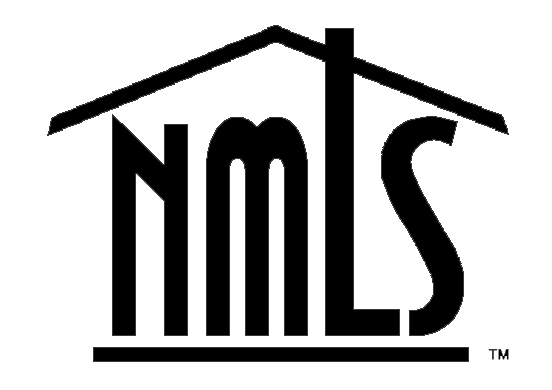Are you overwhelmed about buying your first home because of your student loan debt? Don't worry - you're not alone. Many people face this challenge, but with the right knowledge and planning, you can still achieve your dream of homeownership. Here's what you need to know to navigate the process and land that first house.
Understanding What Mortgage Companies Consider
When applying for a mortgage, your lender will assess various factors to determine your eligibility. One central aspect is your FICO score, which reflects your creditworthiness. Your payment history, amount owed, length of credit history, and other factors all contribute to your FICO score.
Additionally, lenders will examine your employment history, recent pay statements, tax returns, and statements from your bank and investment accounts. Your student loan debt and payment history will also be factored into your credit report and debt-to-income ratio calculation.
Understanding Your Income and Debts
Your debt-to-income ratio is a key metric that lenders use to assess your ability to repay a loan. There are two types of debt-to-income ratios:
- Front-end ratio: This ratio measures the percentage of your monthly gross income allocated to your total housing payment, including principal, interest, taxes, and insurance (PITI).
- Back-end ratio: This ratio considers your monthly debt payments, housing costs, and other debts like student loans and car payments.
Lenders prefer a back-end ratio below 36 percent, although they may accept a ratio in the low 40s if you have a strong credit score. Federal Housing Administration (FHA) loans often have more lenient requirements, especially for borrowers with student loan debt.
Improving Your Chances with Student Loan Debt
To improve your chances of qualifying for a mortgage with student loan debt, consider the following steps:
- Maintain a strong payment history with timely payments.
- Pay off existing student loans whenever possible, starting with smaller loans first.
- Focus on advancing in your career and increasing your income.
- Save more cash for a down payment, ideally aiming for 20 percent to avoid mortgage insurance premiums.
Understanding what mortgage companies consider and taking proactive steps to manage your student loan debt can increase your chances of buying your first home. Remember, with the proper preparation and support, homeownership is within reach.



